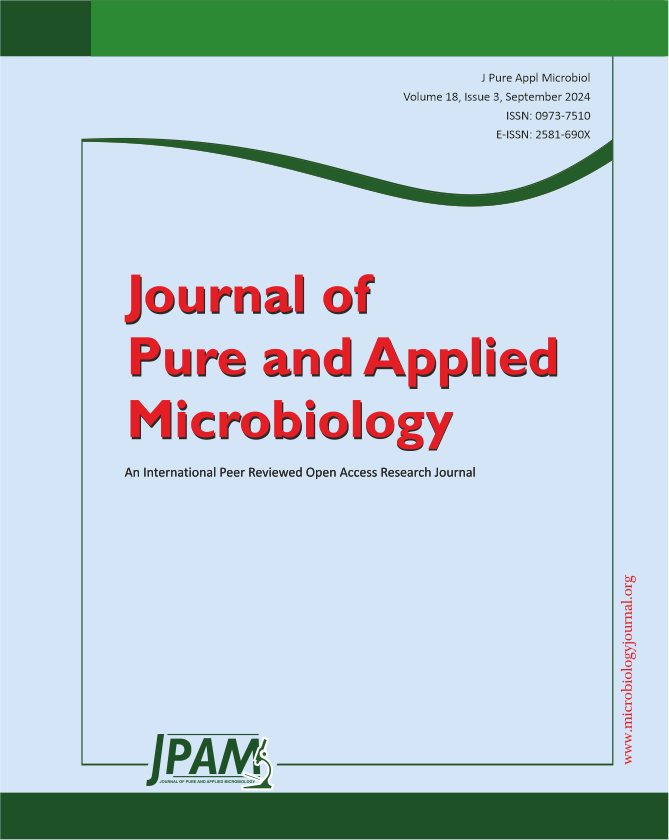Organic vegetable production is needed worldwide to minimize the use of inorganic fertilizers, protect the environment, and produce healthy food. Accordingly, in the present study, the effects of organic granules on the productivity, quality, and nutrient uptake level of tomatoes and the fertility and microbial population of the soil were determined. Briefly, organic NPK granules and organic N, P and K-rich sources were compared with synthetic NPK granules and synthetic fertilizers administered at 100 and 75% of the recommended fertilizer levels. Among the various treatments applied, treatment with 100% of the recommended NPK using the synthetic NPK granules (Urea, DAP and MOP) led to higher growth, yield attributes, and yield (fruit yield, – 24.21 t/ha and stover yield, -15.01 t/ha) of tomato. This treatment also enhanced the nutrient uptake by tomato. However, quality parameters, such as total soluble solids (6.64% ), titrable acidity (0.62% ), ascorbic acid content (14.31 mg/100 g), lycopene content (3.54 mg/100 g), reducing sugars (3.11%), non-reducing sugars (1.02%), total sugar (4.13% ), and shelf life (15.76 days ) of tomato were higher with 100% of the recommended NPK from organic NPK granules than from synthetic granules. This treatment also enhanced the available nutrients and microbial population in the soil. Notably, the same trend was observed for tomatoes fertilized with 75 % of the recommended NPK. The lowest values were obtained with the absolute control. Based on the results of this experiment, the application of 100% of the recommended NPK using organic NPK granules is the best approach to improve the quality of tomato fruits and to enhance the soil fertility.
Organic Granules, Tomato, Yield, Quality, Nutrient Profile, Microbial Population
© The Author(s) 2024. Open Access. This article is distributed under the terms of the Creative Commons Attribution 4.0 International License which permits unrestricted use, sharing, distribution, and reproduction in any medium, provided you give appropriate credit to the original author(s) and the source, provide a link to the Creative Commons license, and indicate if changes were made.


